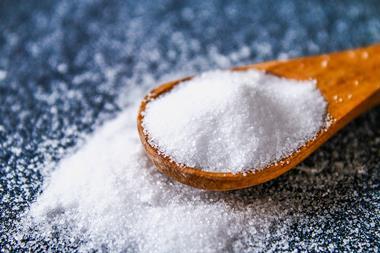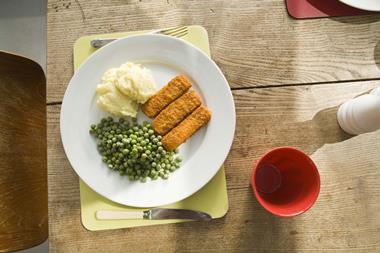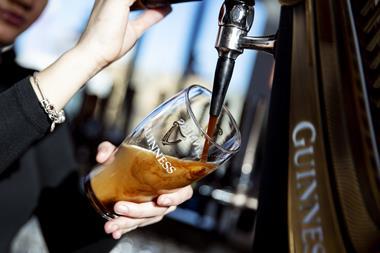Tesco shares took another knock this week after it reported a 12% drop in group pre-tax profits to £1.66bn - the first fall in group profits for almost 20 years. In January, weakness in the UK caused Tesco’s shares to plummet. This time around, it was the poor performance in international markets that drove a 2.5% drop in the shares on Wednesday to 328p.
“The surprise came in international profit, which fell 17.1%, led by a 28% fall in European profits to £171m,” said Espirito Santo analyst Caroline Gulliver.
As well as the tough macroeconomic situation in Europe, Tesco had to contend with new restrictions to shop opening hours in South Korea that it said would hit full-year profits by £100m.
In the UK, the outlook was more encouraging. Like-for-like sales, excluding VAT and petrol, grew by 0.1% in the second quarter, having fallen 1.5% in the previous quarter.
However, the sales growth lagged behind rival Sainsbury’s, which reported a 1.9% increase in its second quarter like-for-likes on Wednesday.
The news pushed the shares up 1.6% to 352.5p on the day. Sainsbury’s shares have risen 14% since the start of the year, over which time Tesco shares have fallen 20%.
Despite its good performance this year, Investec analyst Dave McCarthy was downbeat about Sainsbury’s prospects. He said Sainsbury’s sales were shifting towards online and convenience, which were both less profitable than its big boxes. “Our analysis suggests that Sainsbury’s must be losing share of its non-internet shoppers in mature stores,” he said.
Embattled Premier Foods announced on Wednesday that former Uniq boss Geoff Eaton would be joining as chief operating officer and that bread and grocery would be managed as separate divisions. Shares reacted positively, edging up 1% to 65p. “We think Eaton brings relevant skills to bear and welcome the enhanced focus on bread,” said Investec analyst Martin Deboo.
Also on Wednesday, AG Barr and Britvic said the Takeover Panel had given them more time to agree the terms of a merger. The deadline was extended to 31 October. Shares in both companies remained steady as investors remained confident a deal would be hammered out.
Sign in to comment on this article
Not logged in before? Register for FREE guest access today.
You will be able to:
- Read more stories
- Receive daily newsletters
- Comment on stories
Advert


















No comments yet